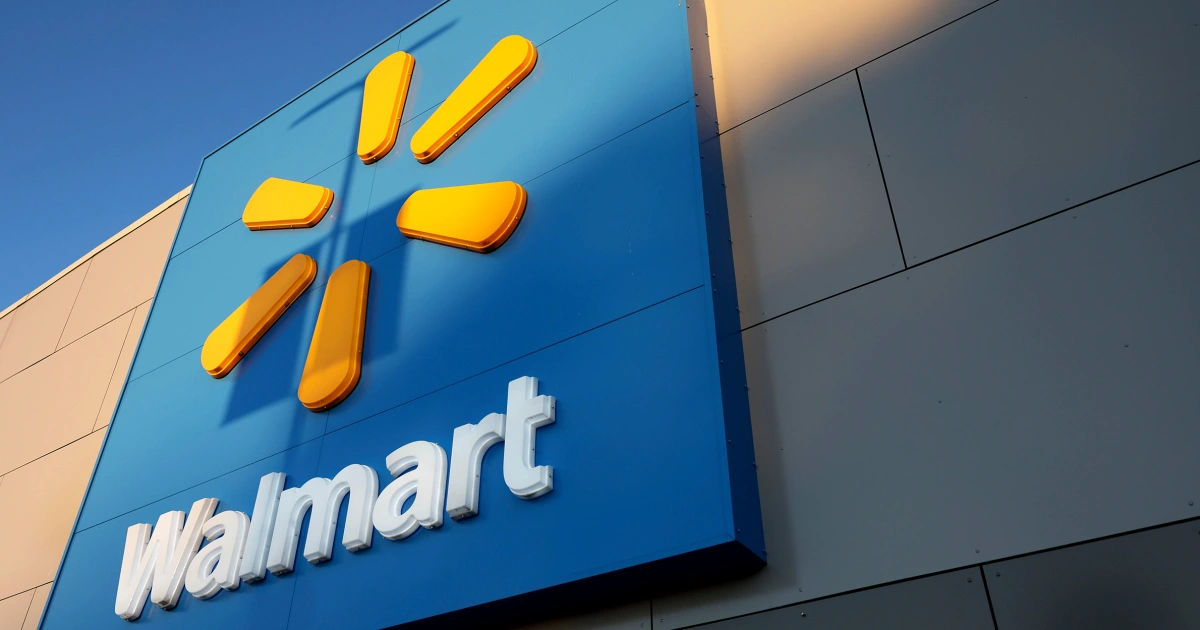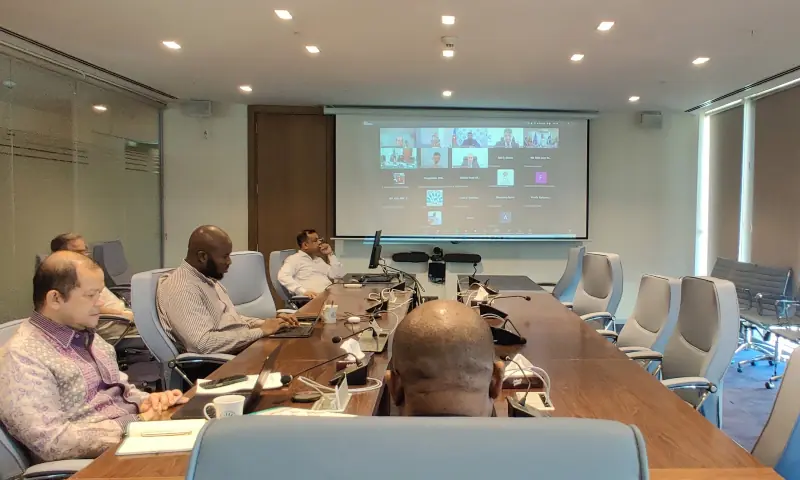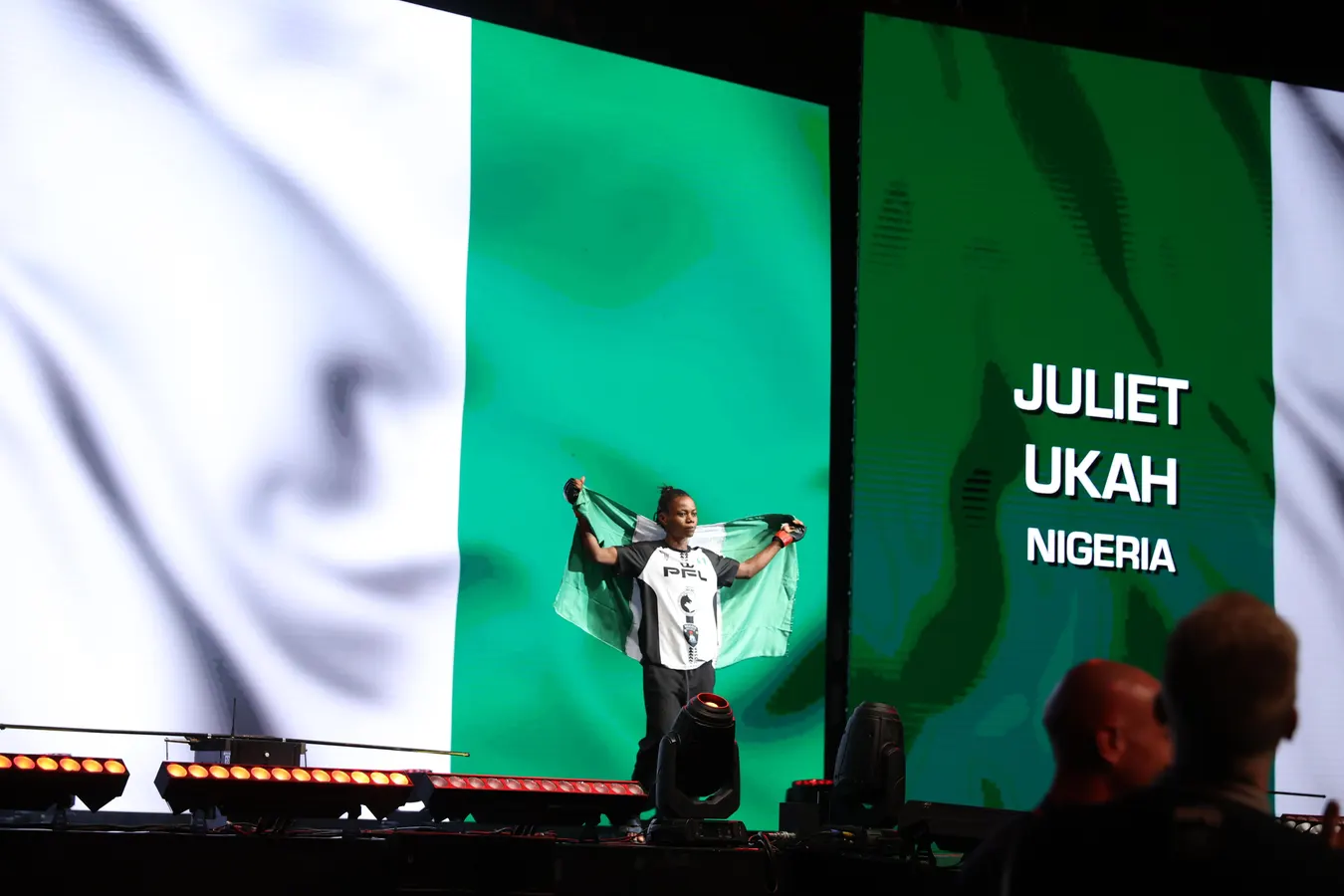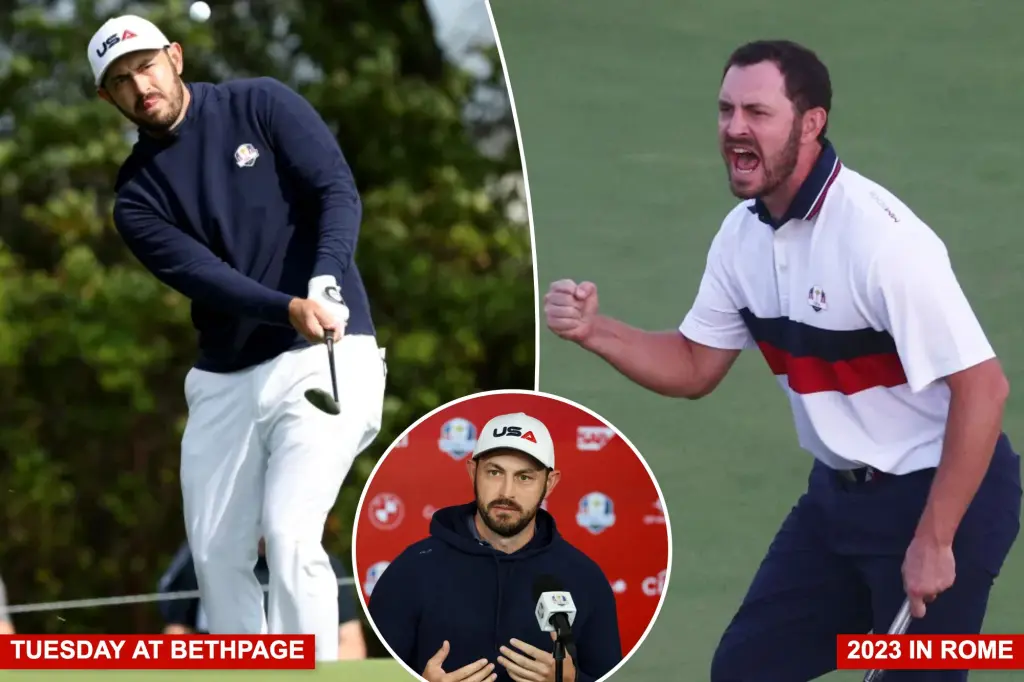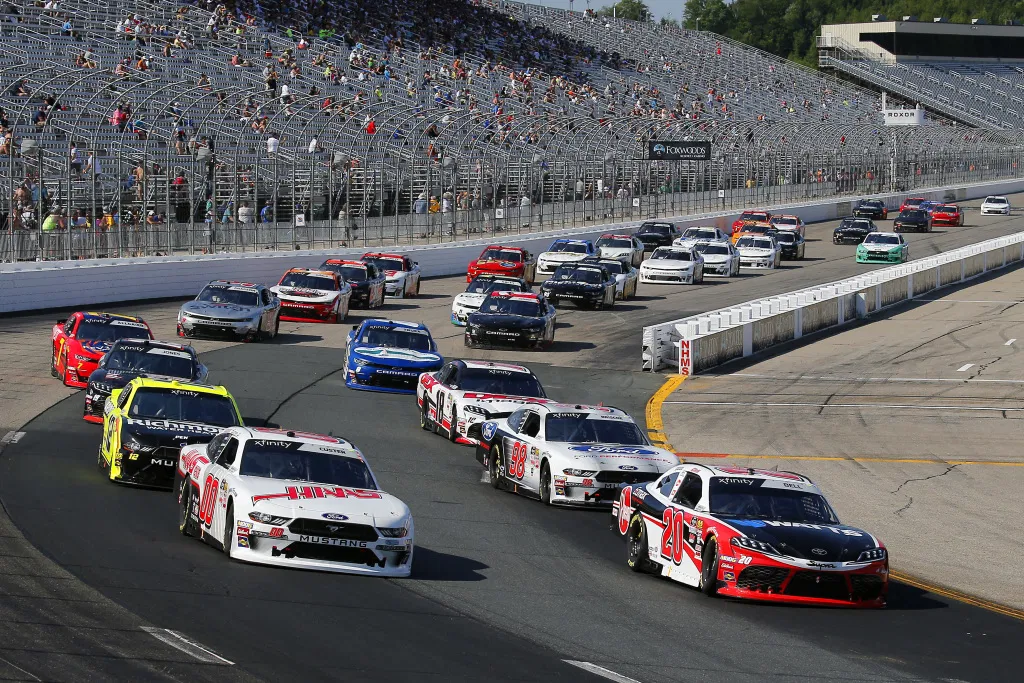
Right now, NASCAR has more than one issue. The playoff system is just one piece of that puzzle. Even in a rumored 36-race season, attracting viewers would be difficult when competing against the powerhouse that is the NFL. Unlike stick and ball sports, racing isn’t the easiest sport to be on or casually engaged with, which limits its broader appeal. As the NFL continues to post record-breaking ratings, every sport is searching for answers. NASCAR insiders have delivered their take on the matter, and the fans aren’t here for it.
The ongoing debate between NFL and NASCAR viewership is reaching a fever pitch. The difference between the two sports highlights the striking gap in popularity. The NFL continues to dominate television ratings with the 2025 season’s opening week average, averaging 22.3 million viewers per game, a 19% jump from 2023. In contrast, NASCAR’s average viewership has taken one on the chin. The viewership average per race hovers around 2.1 million, a decline from the previous year’s 2.2 million. And amid rumors about NASCAR returning to the 36-race format, NASCAR analysts aren’t sleeping on this.
Taking to X, Todd Fuhrman didn’t hold back: “Is NASCAR’s playoff problem an issue with the sport, drivers, format etc or is it that by year end (from a ratings standpoint) they’re just going head-to-head with the 800lb gorilla in the room known as the NFL.” And NASCAR reporter Danielle Trotta didn’t hesitate to support Fuhrman’s take, saying, “Say it louder for the people in the back Todd 🗣️.”
ADVERTISEMENT
Article continues below this ad
While NASCAR has seen an overall decline in inconsistent viewership, it still draws big attention during marquee events. The 2025 Daytona 500, for example, attracted over 8 million viewers, proving that high engagement is possible when the stakes are high. However, these spikes are exceptions rather than the rule, and sustaining audience interest in an entire season remains a challenge.
ADVERTISEMENT
Article continues below this ad
The NFL’s dominance is reinforced not only by viewership but also by its lucrative media rights deals and broad fan base. With an average of 17.5 million viewers per game in the 2024 regular season, the league enjoys consistent appeal across demographics. NASCAR, despite efforts to expand its audience, has struggled to match this level of entrenched popularity, highlighting the hurdles it faces in competing with the NFL’s nationwide reach. The call for the playoff system change in 2026 couldn’t be louder. While Jeff Burton and NASCAR insiders have confirmed that TV partners will not have a say in the format change, the TV viewership numbers keep declining.
Moreover, the TV viewership at New Hampshire Motor Speedway took a hit. It attracted a modest 1.29 million viewers, marking a 32% decline from the 1.88 million viewers of the previous year’s race at the same track list. This drop reflected a broader trend in NASCAR viewership, with the 2025 season averaging just 2.52 million viewers per race, down from 2.98 million in 2024. The race at Loudon’s was notably low compared to other events in the season.
However, the New Hampshire race performance underscores the challenges NASCAR faces in maintaining a consistent view across its schedule. The timing of the New Hampshire race also coincided with the NFL’s Week 3 slate, which averaged over 25 million viewers per game, further intensifying the competition for viewers. This overlap highlights the difficulty NASCAR faces in attracting audiences during the NFL season, especially when competing for attention during prime viewing hours.
Read Top Stories First From EssentiallySports
Click here and check box next to EssentiallySports
ADVERTISEMENT
Article continues below this ad
Fans slam NASCAR’s dipping TV viewership, blaming NASCAR itself
Critics have pushed back hard against the idea of NASCAR’s playoff membership. Problems are simply because it competes with the NFL. One fan dismissed the notion, saying, “Terrible take. NFL has been around for the duration of the sport. Insane to just now be saying football is the problem when races are on cable and no one under the age of 50 buys cable.” While another added, “Not buying that logic. The NASCAR season starts long before the NFL starts their regular season. The older fans are either dying off or don’t recognize these younger drivers. There are only a couple of races that have good tv and cable viewership. The viewership for these races will diminish if the single-file racing continues.”
The NASCAR playoff viewership numbers started dropping as soon as Gateway was underway. USA Network got a 0.82 rating and 1.525 million viewers for Sunday’s NASCAR Cup Series race at WWT Raceway, down from 1.8 million for last year’s second playoff race (at WGI) and from 2.5 million for the 2024 event at the same venue on FS1, though that was held in June. Moreover, fans have urged that NASCAR take this decline more seriously.
ADVERTISEMENT
Article continues below this ad
Someone went further, arguing that their shift and ratings don’t even matter if the racing delivers its primary goal: “ Or doesn’t matter at all. Even if Fall ratings remain the same, at least we crown the legitimate best driver and team of the entire season at the end of the year. That alone is worth the change.” The criticism doesn’t stop with scheduling or demographics. Fans have been vocal about the product on track, noting, “Racing on track is terrible car sucks supper speedways and short tracks are bad teams race kit cars now with no innovation stop blaming others like the NFL and fix what’s in your control such as your product on the track .Nascars problem is they blame everything but themselves.”
Some trace decline for the back, saying, “From the back I seen the downfall since Toyota came in, then the gimmicks of “playoffs” in auto racing! And let’s have Toyota win the entire first round of this gimmick! That’ll keep folks from watching.” Others echoed that the ratings drop was not new during the NFL season, pointing out, “I reckon NASCAR has always raced during the NFL season and ratings were never this bad.” Collectively, these voices argued that the real challenge isn’t football, it is the sport itself and the choices NASCAR has made over the past two decades.
